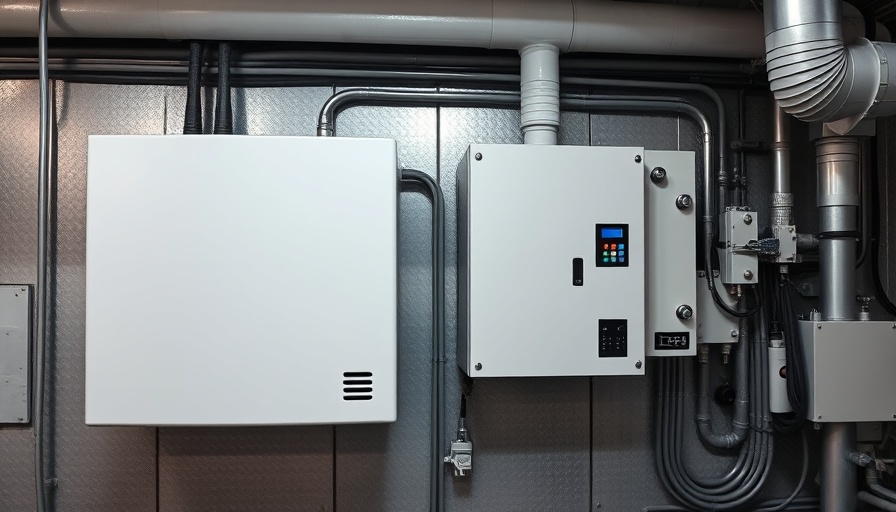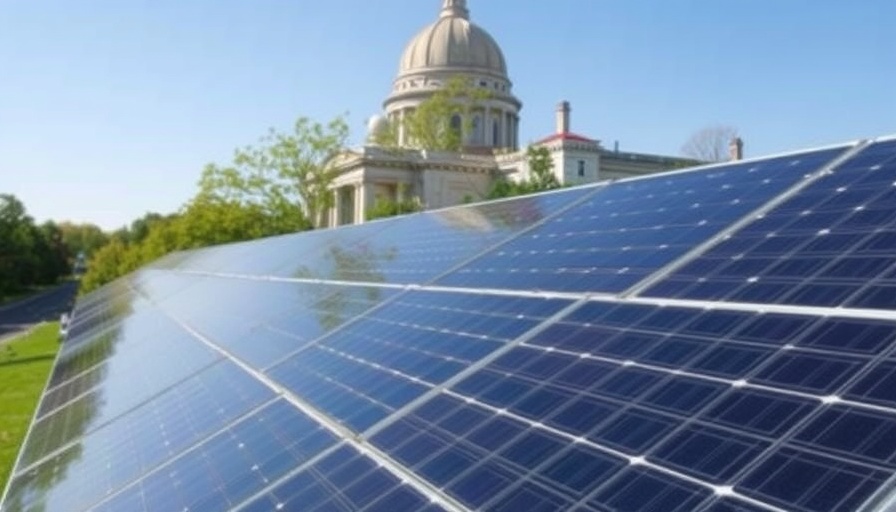
Understanding Off-Grid Solar PV Systems
When homeowners consider alternative energy solutions, the potential of solar photovoltaics (PV) to operate fully off-grid stands out as a revolutionary option. Imagine a self-sustaining home powered entirely by solar energy, free from fluctuating electricity bills and grid failures. Off-grid solar PV systems offer numerous benefits, turning this vision into reality. As urban living becomes increasingly expensive, especially with rising energy costs, these solar solutions can provide not just lower bills but also a significant boost to property value.
The Mechanics Behind Off-Grid Solar PV
At the core of off-grid solar systems are solar panels that convert sunlight directly into electricity, complemented by energy storage systems, typically in the form of batteries, and inverters that convert direct current (DC) into alternating current (AC) for household use. This combination allows households to produce, store, and use their electricity without relying on local utility companies. Initially, the investment may seem steep, but long-term savings on energy bills, along with incentives and rebates available in many regions, make this system increasingly accessible for homeowners.
Why Homeowners Are Making the Switch
Several factors influence homeowners' decisions to transition to off-grid solutions. For one, a desire for energy independence in a world where utility prices are frequently rising is undeniable. Many eco-conscious homeowners seek sustainable solutions that minimize their carbon footprints. Additionally, advancements in solar technology, including improved efficiency and more affordable battery options, have made solar PV installations more feasible for average homes. These developments allow for greater energy storage capacity, meaning that homeowners can store more energy during sunny days and utilize it during night or cloudy weather.
The Impact on Property Value
Investing in solar PV systems not only helps homeowners save on energy costs, but it can also significantly increase property value. Studies suggest that homes equipped with solar energy systems sell for more and in a shorter time frame compared to those without. This trend indicates that prospective buyers view solar capabilities as an attractive feature. Just as energy efficiency has reshaped real estate markets in the past, the integration of off-grid solar technology is now becoming a decision-making factor for many homebuyers.
Future Predictions: Is 100% Off-Grid Possible?
As technology advances, the possibility of households becoming entirely off-grid is not just a dream; it's a closely approaching reality. Experts predict that further advancements in battery storage technology and solar panel efficiency will lower installation costs and improve energy independence for homeowners. Government policies encouraging renewable energy use are also expected to amplify this trend, making it easier for families to invest in off-grid capabilities. In essence, not only is it conceivable that more homes will go completely off-grid, but it may become the norm in suburban developments.
Challenges and Considerations
While the advantages of going off-grid are compelling, homeowners must also consider potential challenges. The initial costs can be significant, requiring thorough planning and research to ensure a viable solar installation. Moreover, battery storage, while evolving, can still present limitations in terms of lifespan and efficiency. It’s crucial to engage credible solar providers to assess unique energy needs and help tailor a system that fits individual circumstances. The journey to energy independence is not devoid of complexities, but the long-term rewards can outweigh the hurdles.
Conclusion: Embracing the Shift Towards Off-Grid Living
The evolving landscape of solar PV technology ushers in unprecedented opportunities for homeowners seeking to live sustainably and economically. With the potential for 100% off-grid capabilities on the horizon, it's more important than ever to understand the mechanics, benefits, and challenges of such systems. Engaging with qualified solar professionals can lead to informed decisions, paving the way for a future where homes not only reduce their dependence on the grid but also contribute to a more sustainable planet. As we embrace these advancements, we're concluding a chapter of energy waste and opening doors to eco-friendly living.
 Add Row
Add Row  Add
Add 



 Add Row
Add Row  Add
Add 
Write A Comment